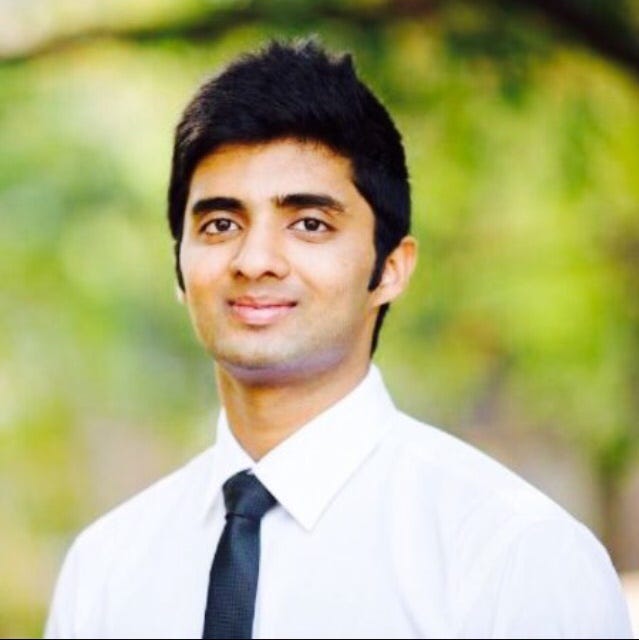By Joel Prince Varghese, MEng ’16 (IEOR)

- You cannot replicate someone else’s experience. Everyone has their own story so what worked for me might not work for you. Any advice you get, including this, is just a personal opinion (sample size = 1). I recommend talking to as many people as you can, take the best points from each of their advice and then map out your own journey.
- You do not need a job before graduation. Yes, it’s nice to have one but you still have time after graduation. If you’re an international student in America, you have three whole months after graduation to find a job. If you’re looking for a job as a software developer or management consultant, you need to start applying as early as September but hiring for Data Science tends to get more active as you get closer to graduation. I say this because there is a lot of peer pressure when you just start your program in the Fall to apply for jobs, attend career fairs, attend info sessions and network with everyone. While this is useful, it must be done in moderation. Talk to people in different companies, ask what skills they are looking for, try to make some connections but don’t make this your top priority in the Fall. At this time, your primary focus should be learning new things, enhancing your technical skill set and setting up a good foundation for the Spring semester. Having the right skills in your arsenal will give you pertinent talking points and make you an interesting connection for someone.
- Keep internship options open. As you must have deduced from the point above, I didn’t get a job before graduation. A month after graduation, I got three full-time job offers and an internship offer. I picked the internship because I was blown away by the vision and knowledge of my interviewers, and I knew they’d be good mentors. By the end of the internship, I not only had a full-time job but the skills section on my resume tripled (Adding Spark, git, bash, Impala, Neo4j alongside R, SQL and Python that I knew after graduation). The short-term risk of choosing an internship was worth the long-term reward. Also, don’t limit yourself geographically, look for opportunities around the country. I love living in San Francisco now but the one year I spent in New York City/Jersey City was incredible as well. If you do go the internship route and are an international student in America, talk to your manager about the possibility of converting the internship to a full-time so you can start your H1-B visa application process in April. Also, make sure you work for an e-verified company because only they can apply for your STEM OPT extension.
- Your current major doesn’t matter. I firmly believe that anyone can get a data science job irrespective of their current major by focusing on the skills mentioned below. I won’t lie but it’s definitely easier with a major like Electrical Engineering & Computer Science (EECS) or Industrial Engineering & Operations Research (IEOR) because you can pick up relevant skills while earning credits towards your major, but if you’re ready to put in some extra work then it’s not impossible.
- Finally, I cannot tell you which courses or project to choose since they keep/will keep changing but I’m going to tell you the skills you need. The onus is on you to pick the courses and projects that will help you gain these skills.
From graduate student to data scientist: My two cents on making a successful transition was originally published in Berkeley Master of Engineering on Medium, where people are continuing the conversation by highlighting and responding to this story.




